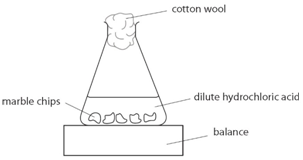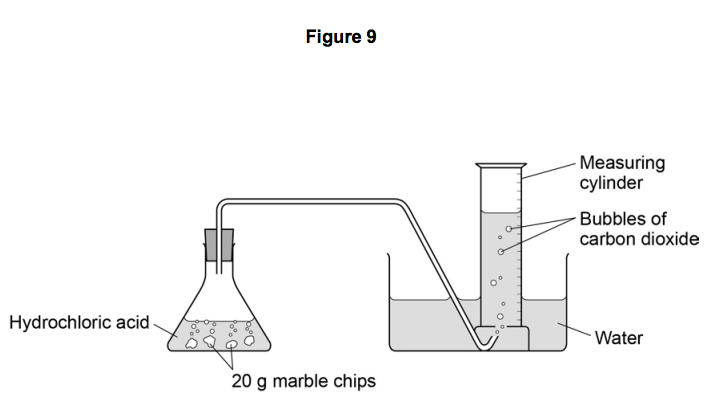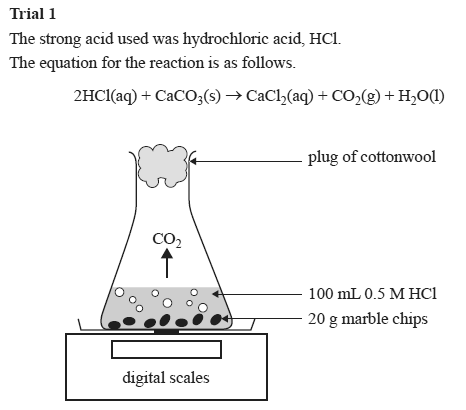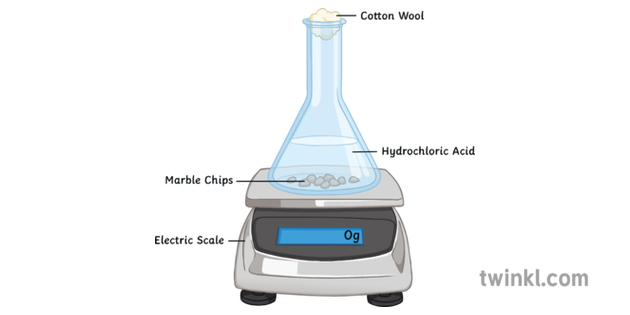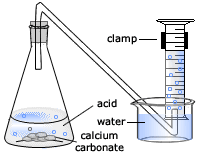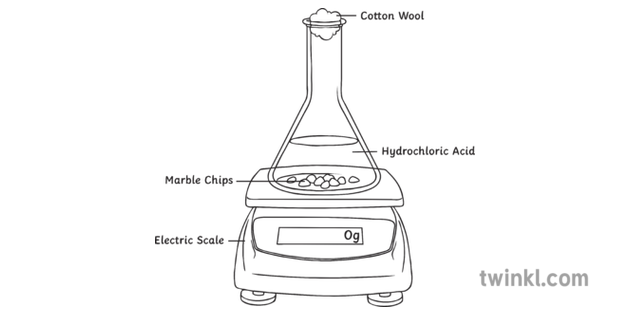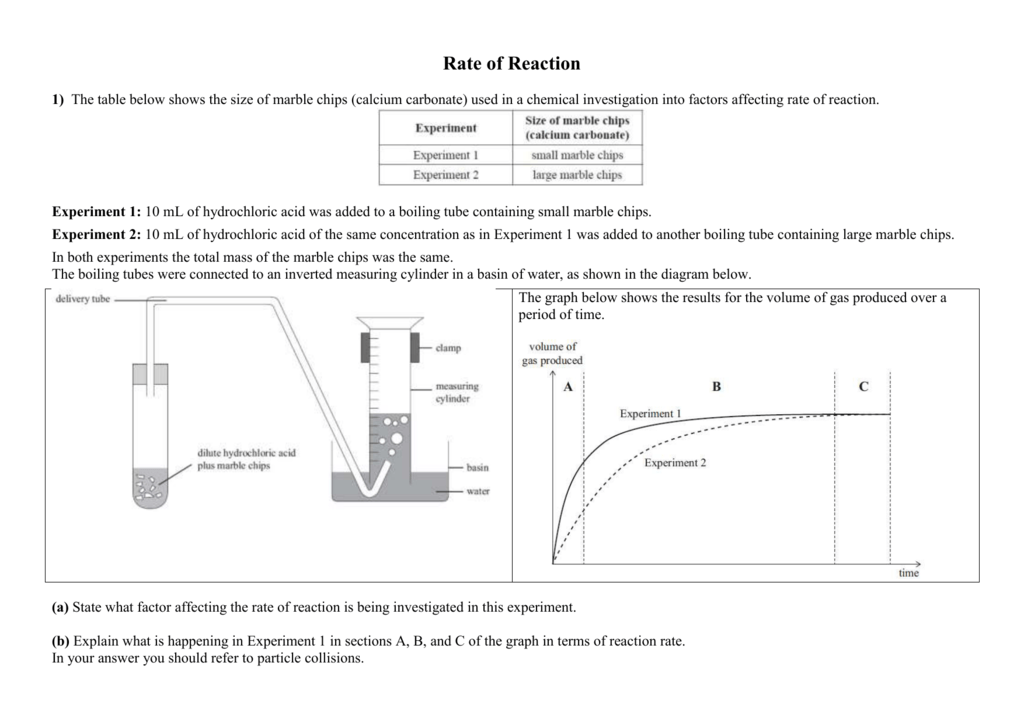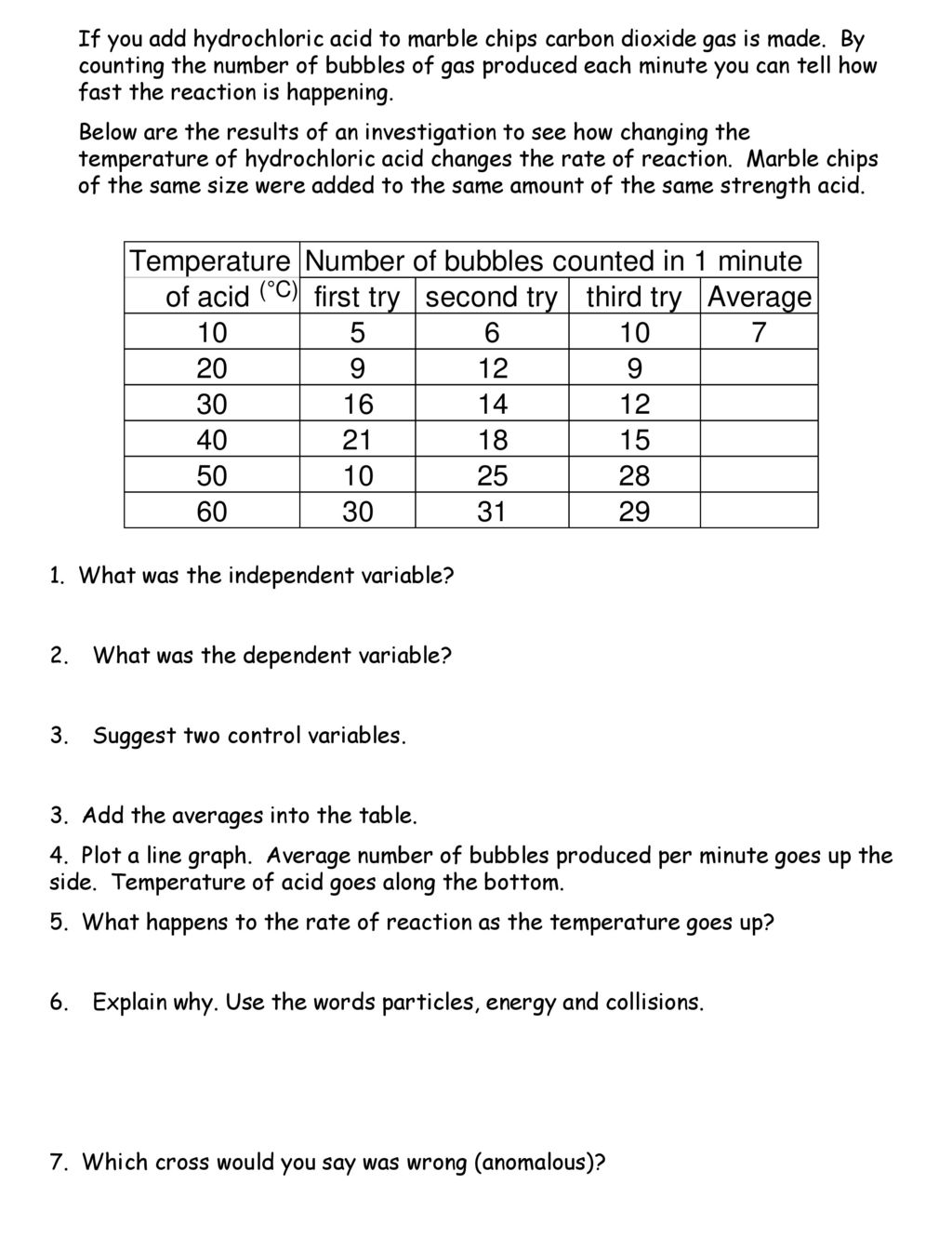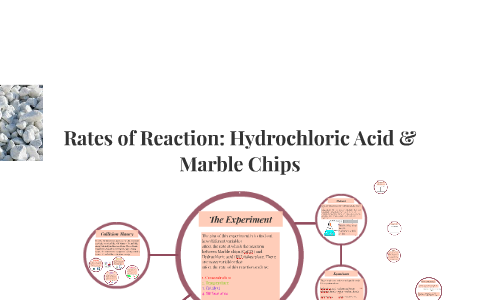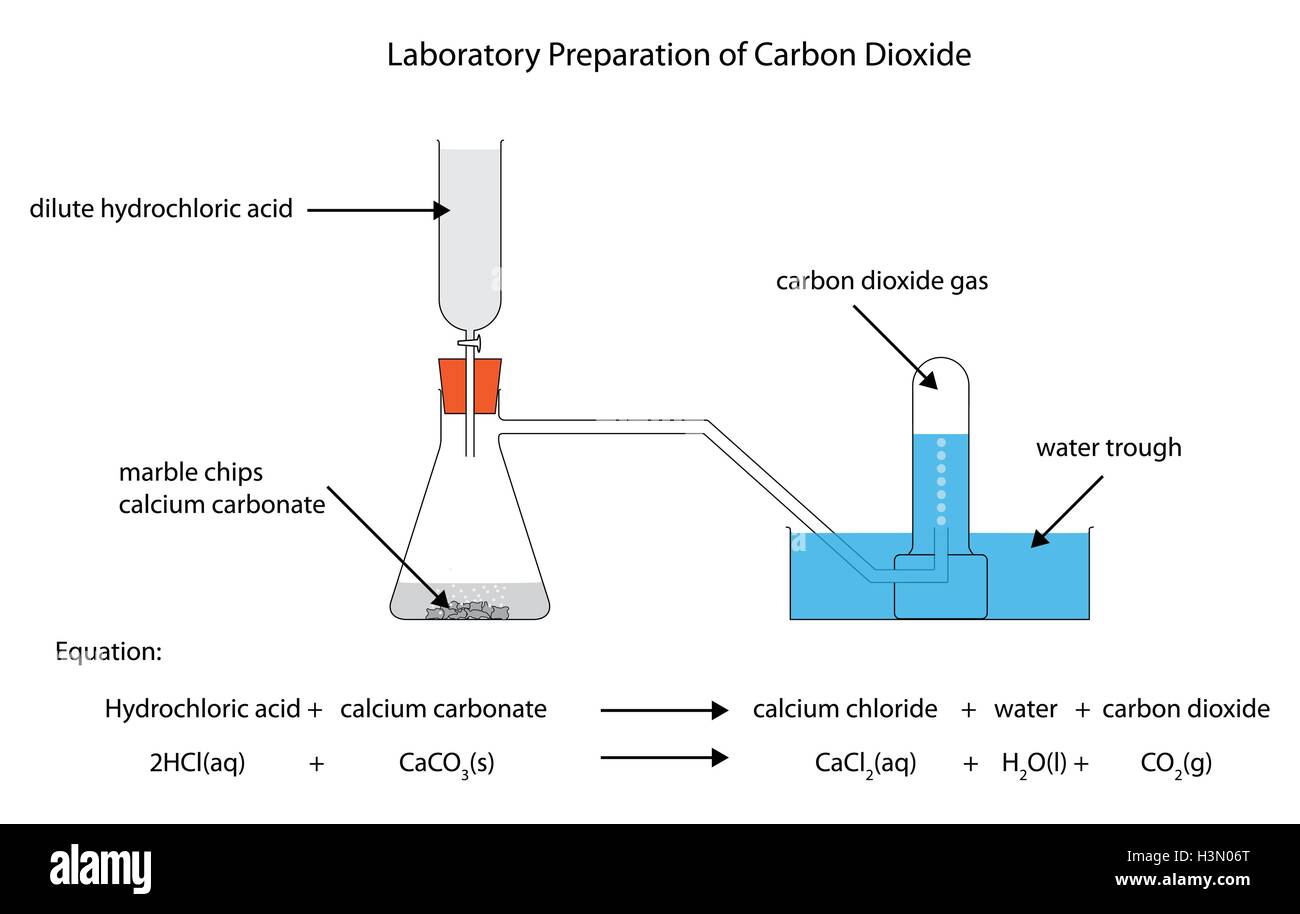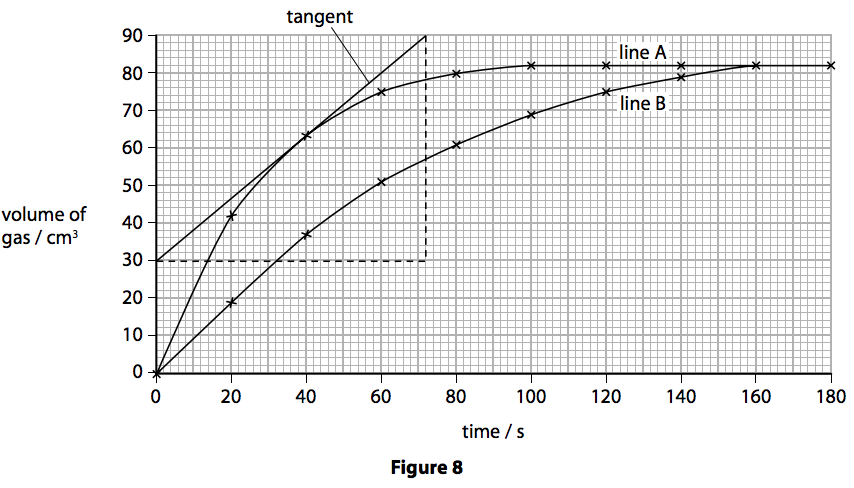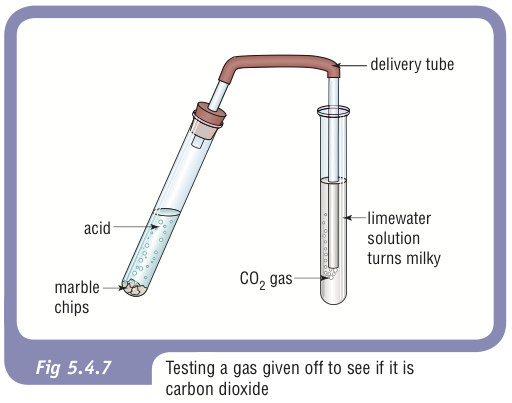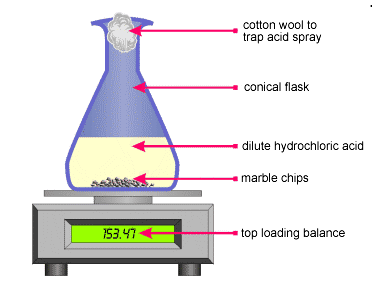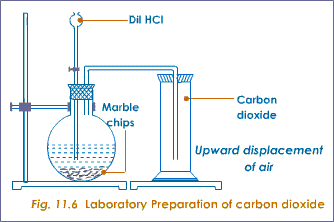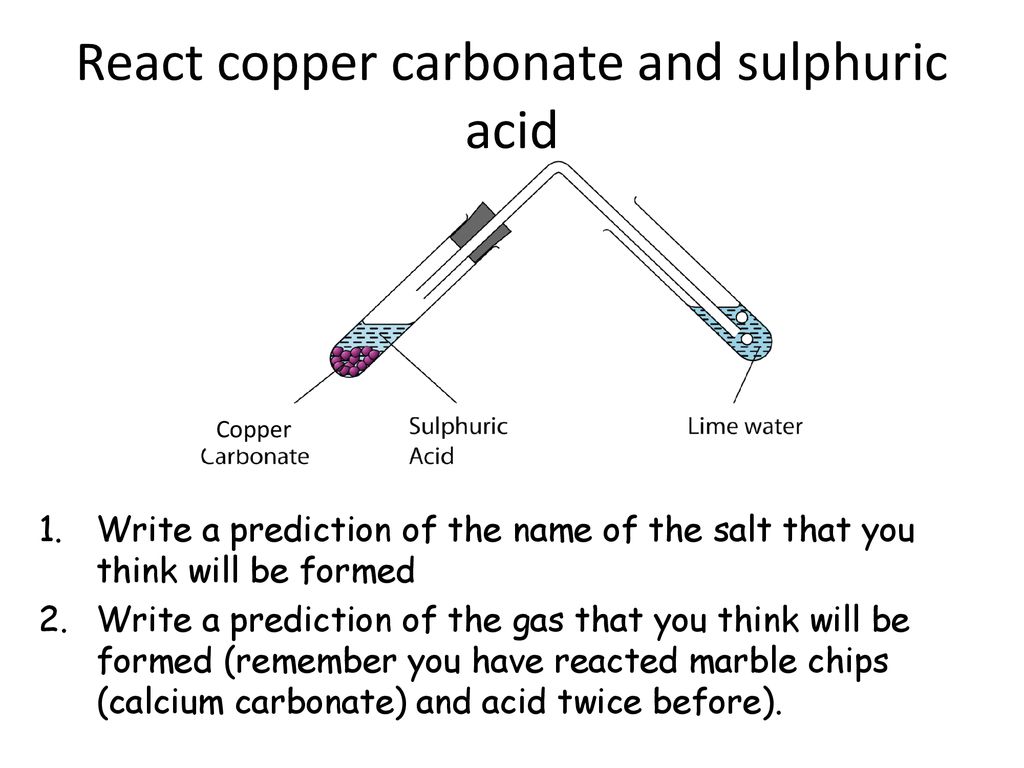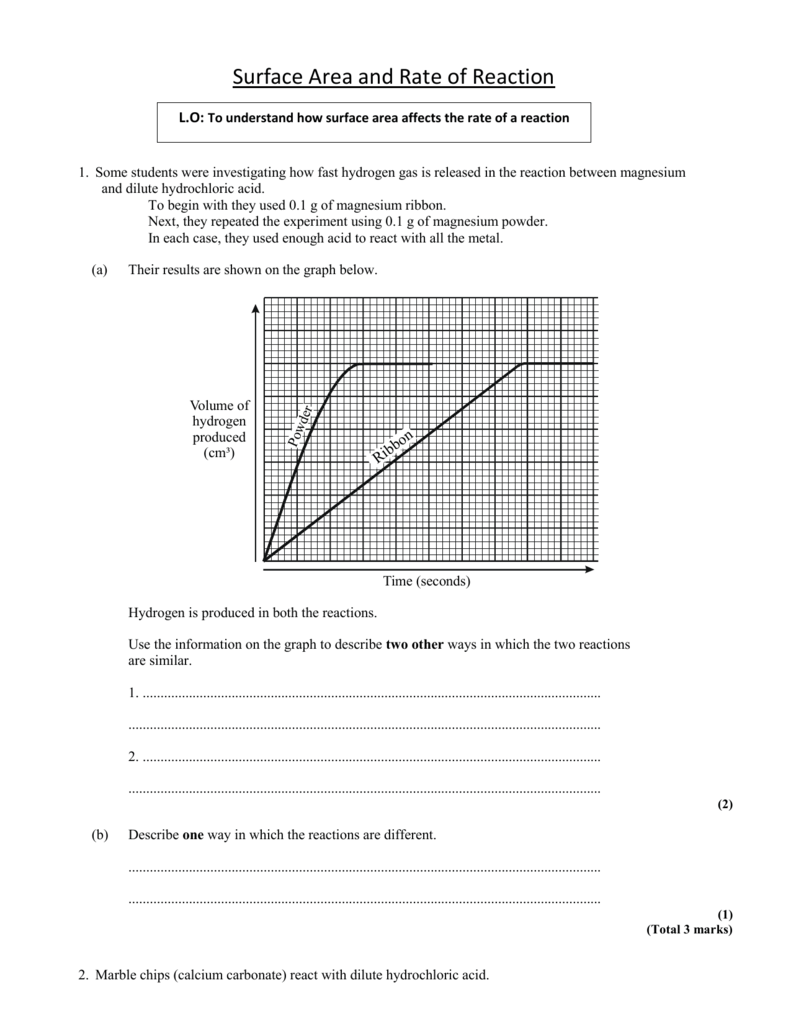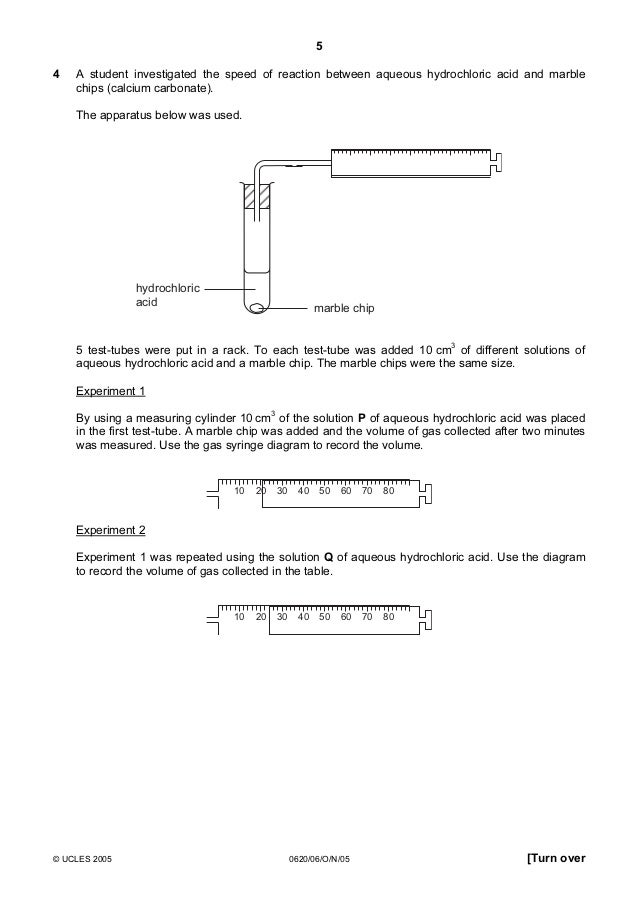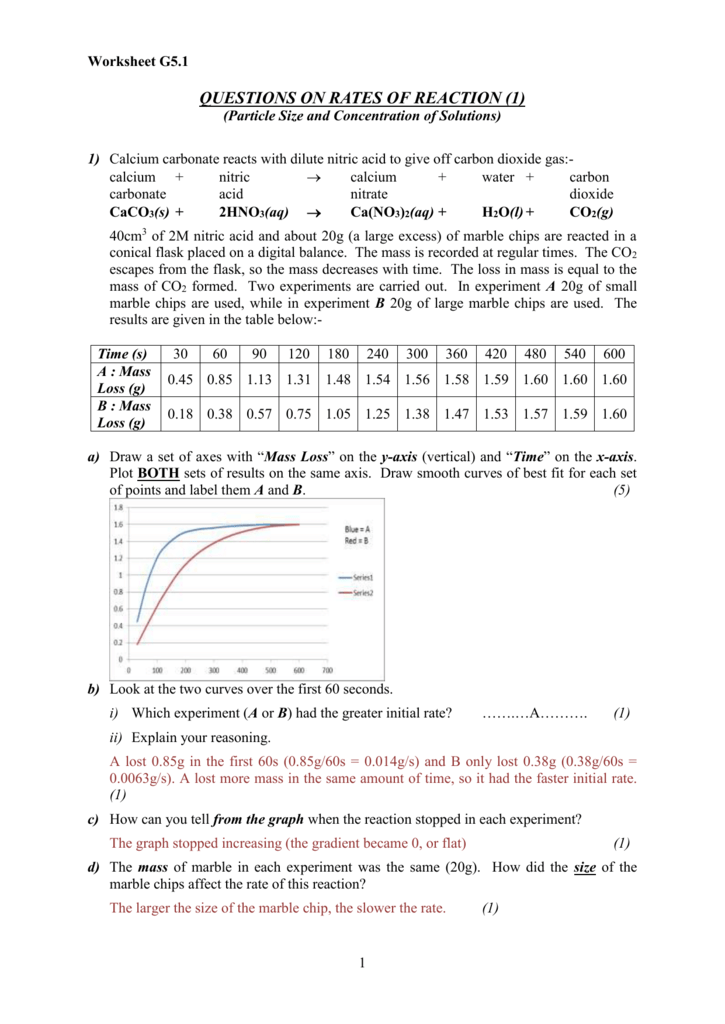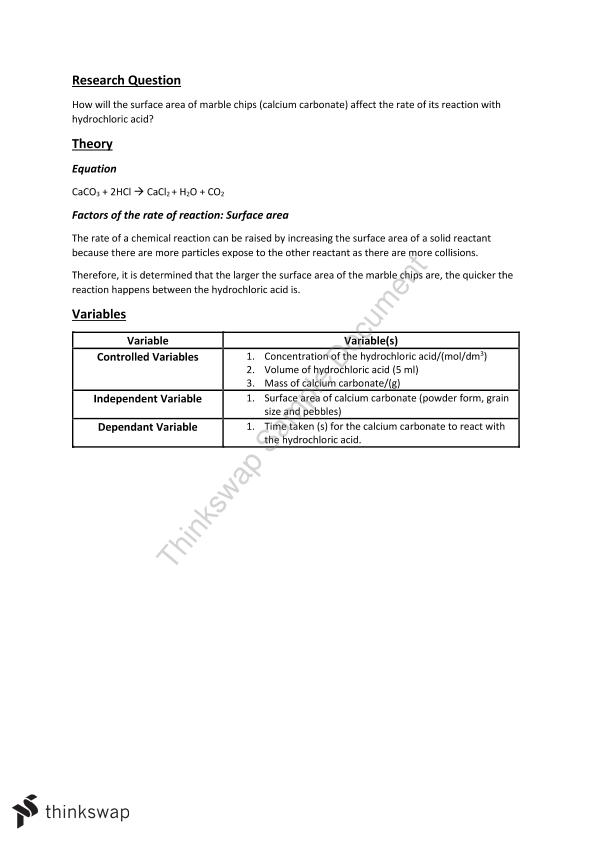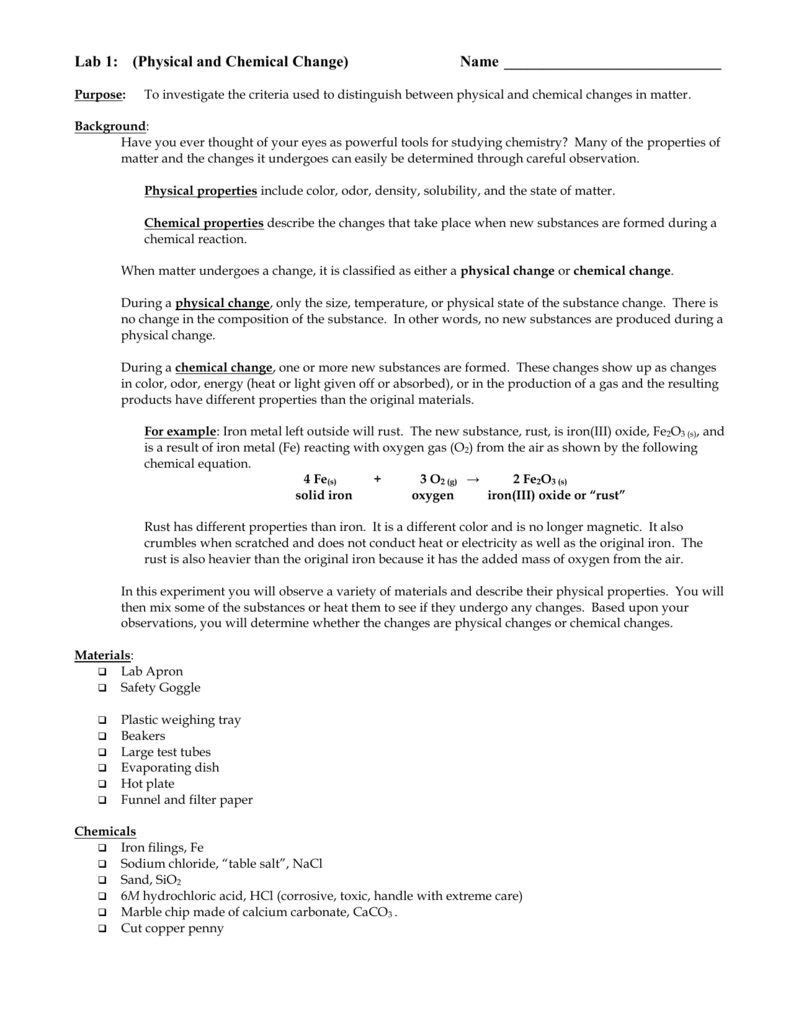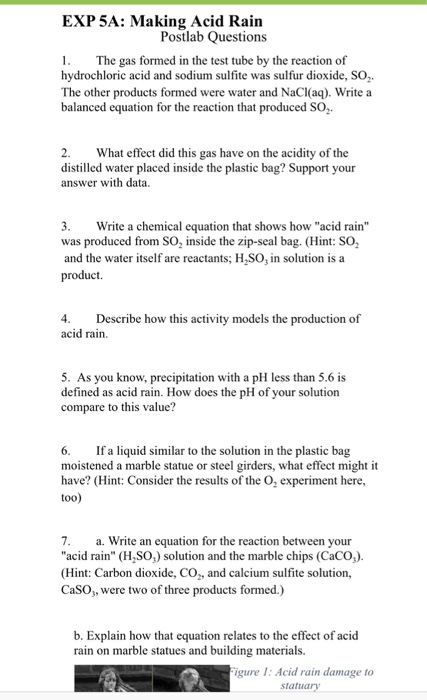Marble Chips And Acid
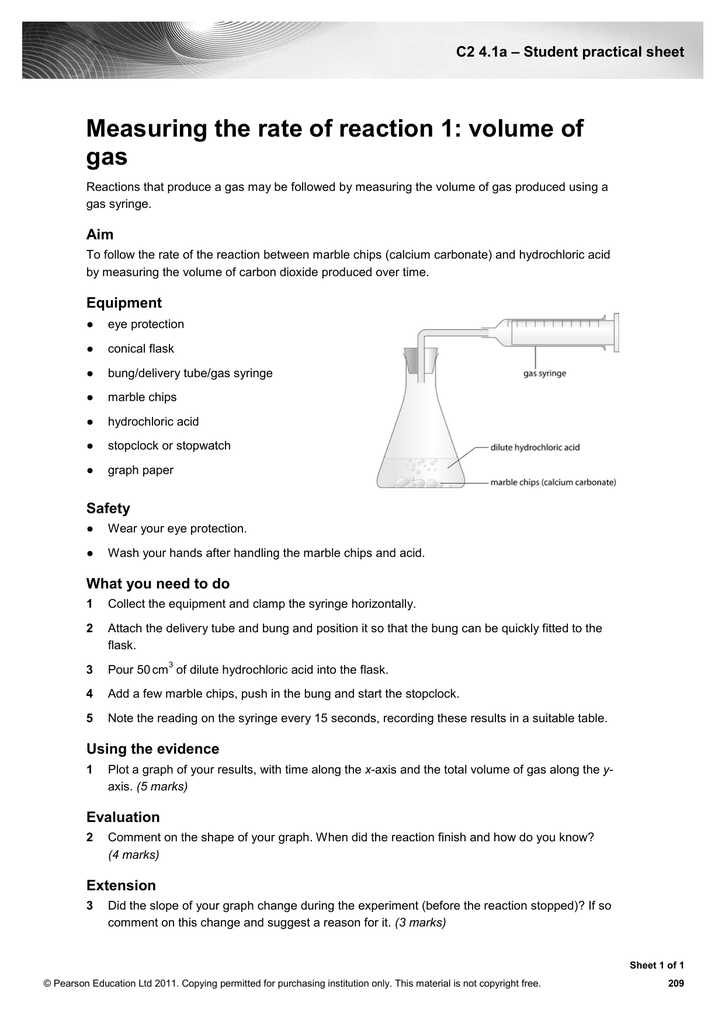
Being alkaline it reacts with hydrochloric acid to produce calcium chloride water and carbon dioxide.
Marble chips and acid. This variable changes the rate of reaction by adding more acid in concentration than the water then the reaction will take place quicker because there is more acid to react with the marble chips and if you add more water then the reaction will take longer because there is less acid to react with the marble chips. The reaction between sulfuric acid and calcium carbonate is somewhat similar to the reaction with sodium bicarbonate way carbon dioxide. Investigating the rate of reaction between marble chips calcium carbonate and hydrochloric acid aim. You then fill a bowl with water along with a boiling tube and straight after attach the delivery tube at the end of the boiling tube 4.
Describe how you could investigate. First you measure out 25cm3 of hydrochloric acid 2. Measuring the rate of reaction at various times. Marble chips react with dilute hydrochloric acid to produce carbon dioxide gas.
Pour the acid into the conical flask and add the marble chips 5. Marble is calcium carbonate and thus behaves in the same hydrochloric acid calcium carbonate calcium chloride carbon dioxide water. Marble chips are mostly made up of calcium carbonate which is a alkaline compound. Marble chips and hydrochloric acid planning aim to find if changing the concentration of an acid will increase or decrease the rate of the reaction when marble is dissolved in hydrochloric acid.
In the investigation i am going to find out how the surface area affects the rate of reaction by measuring the amount of gas produced and weight loss in a reaction between small large pieces of marble chips calcium carbonate and hydrochloric acid per minute. The rate of this reaction can be changed by changing the size of the marble chips. Calcium carbonates which are marble chips react with hydrochloric acid to give out calcium chloride water and carbon dioxide. This process is based on random particle movement.
